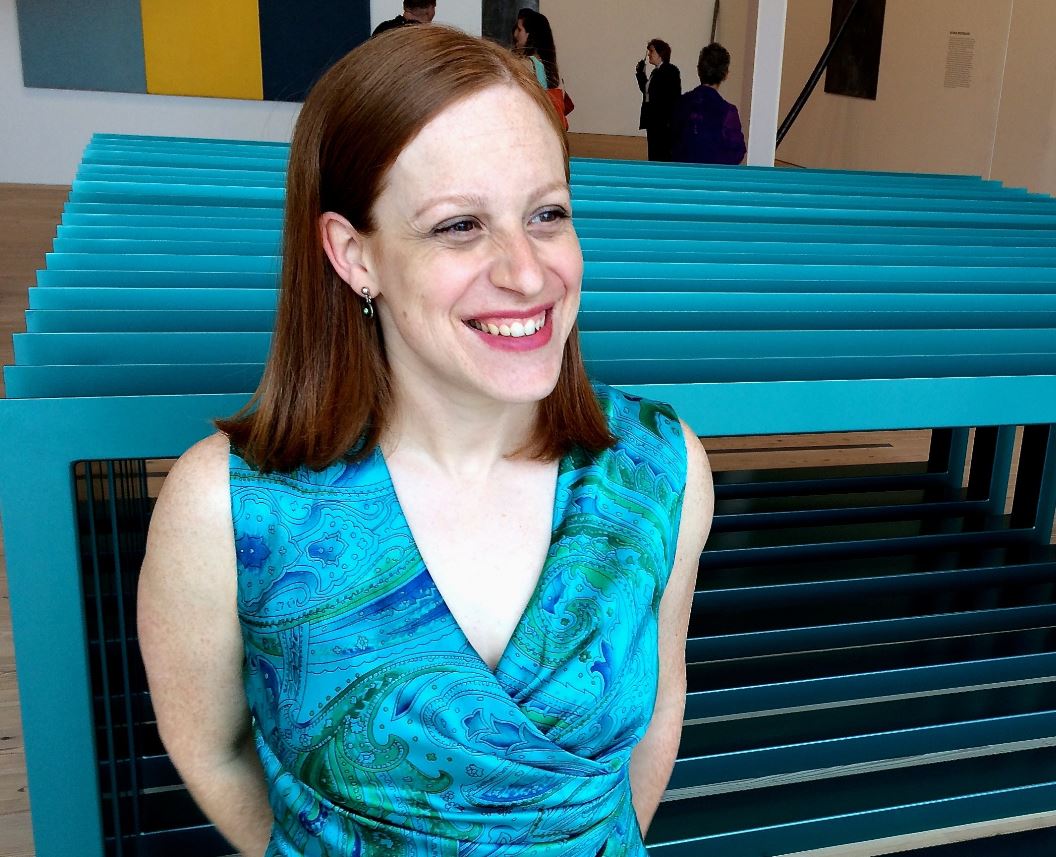
Laura Levin
Associate Professor, Department of Theatre, York University
Fellows
About Laura Levin
Laura Levin is Associate Professor of Theatre at York University. She is Director of York’s MA/PhD Program in Theatre & Performance Studies and teaches courses on devised theatre, contemporary theatre, performance art, and practice-based research. Her research focuses on performing gender and sexuality, site-specific and urban performance, intermediality in performance, and disciplinary genealogies in performance studies. She is Editor in Chief of Canadian Theatre Review; Editor of Theatre and Performance in Toronto and Conversations Across Borders; and Editor of several special issues of journals. In 2015, she was awarded the Canadian Association for Theatre Research’s Ann Saddlemyer Award for her book Performing Ground: Space, Camouflage, and the Art of Blending In (Palgrave, 2014). Laura has worked as a director and dramaturg on a number of productions in North America and co-curated research-based art projects that investigate intersections of performance, geography, and digital technologies. Most recently, she has been moonlighting as a performance artist and collaborating on activist, photo-based actions in and around Toronto. She is Co-Investigator and Board Member of the Canadian Consortium for Performance and Politics in the Americas, a research group which explores the relationship between performance and activism through a hemispheric methods and encounters, working in collaboration with NYU’s Hemispheric Institute of Performance and Politics.
Country(ies) or Region(s) of Specialization: While my previous work has focused primarily on artists from Canada, the US, and Mexico, I am interested in hemispheric approaches to performance that foreground “nation” and geopolitical borders as performative constructions.
Keywords: Performance art, contemporary theatre, site-specificity, public space interventions, hemispheric performance
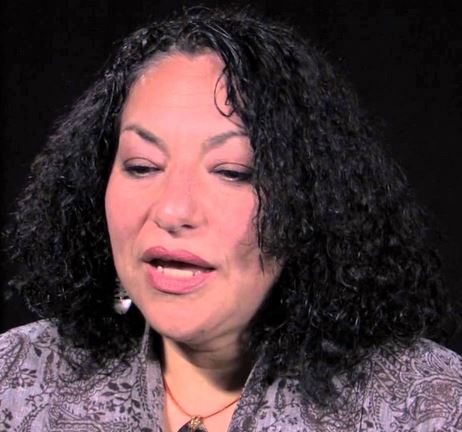
Teresa Macias
Assistant Professor, School of Social Work, York University
Fellows
About Teresa Macias
Teresa Macías earned a Ph.D. from OISE at the University of Toronto. Her Ph.D. Thesis entitled “On the Pawprints of Terror”: The Human Rights Regime and the Production of Truth and Subjectivity in Post-Authoritarian Chile traces 20 years of history in the development of Chilean state policy to deal with human rights abuses. Her work deals with issues of disappearances, torture, truth commissions and compensation policy. Her research and teaching interests also include professional and research ethics, and critical anti-racist and anti-colonial practice and teaching methods.
Country(ies) or Region(s) of Interest: Chile
Keywords: Human Rights , Ethics, Education & Pedagogy, Research methodology, Professional competency profiles
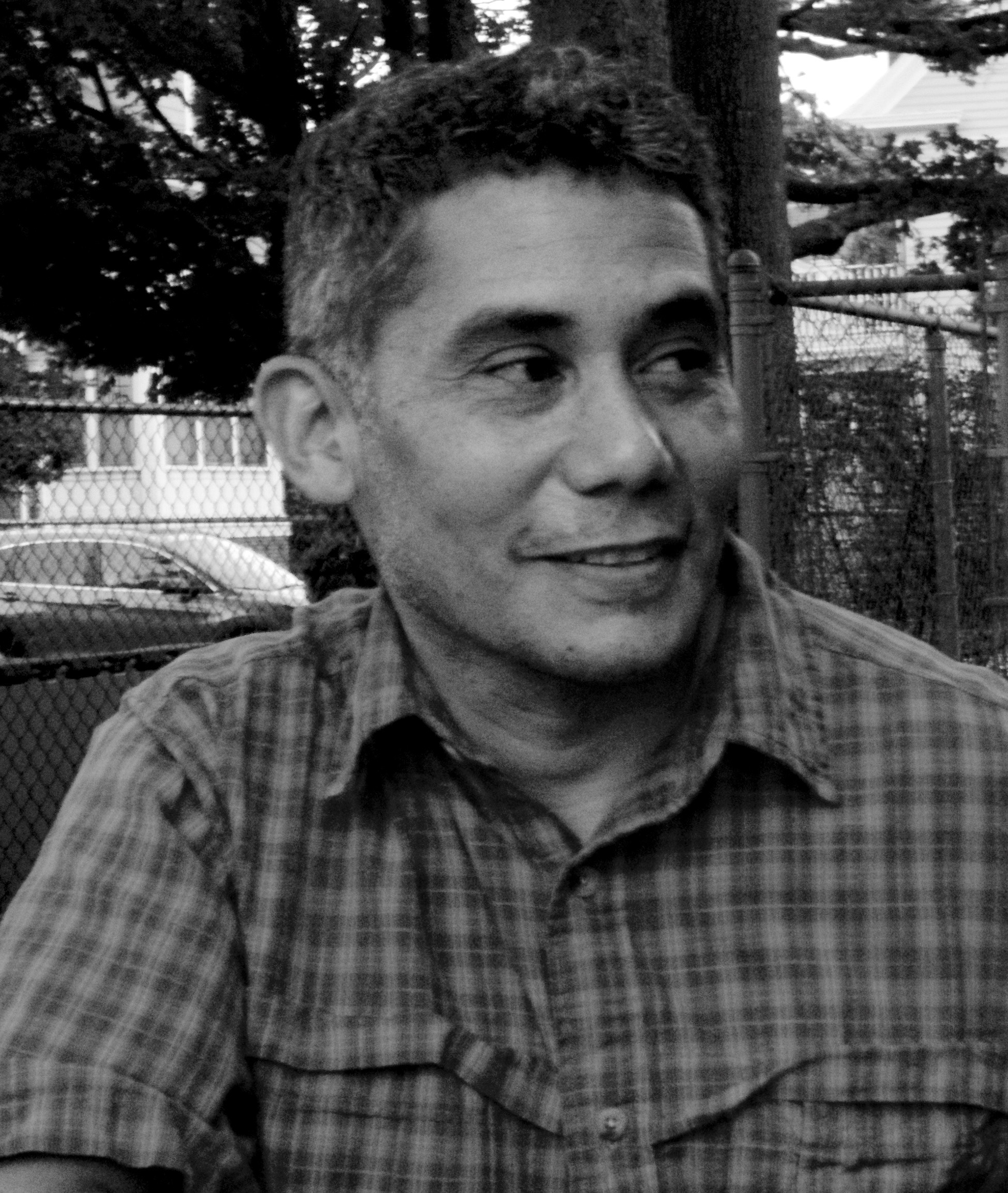
Emiro Martinez-Osorio
Associate Professor, Department of Languages, Literatures, and Linguistics, York University
Fellows
About Emiro Martinez-Osorio
Emiro Martínez-Osorio’s research focuses on Colonial Spanish American literature, chiefly the narrative heroic poems about the exploration and conquest of the New World. His book Authority, Piracy and Captivity in Colonial Spanish American Writing (Bucknell University Press, 2016) examines the intersection between social class, literary taste and political dissent in Juan de Castellanos’ Elegies of Illustrious Men of the Indies. He is currently working on a critical edition of the account presented by indigenous chieftain Diego de Torres to King Philip II of Spain in 1586. His research has been supported by the John Carter Brown Library and the Newberry Library. At York University, he teaches courses on sixteenth century Spanish epic and heroic poetry, Spanish-American Modernismo and Hispanic Caribbean Literature.
Country(ies) or Region(s) of Interest: Latin America
Keywords: Colonial, literature, poetry,
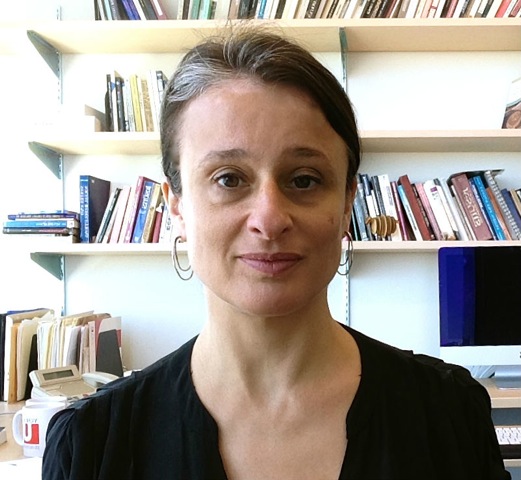
Carlota McAllister
Associate Professor, Faculty of Environmental & Urban Change, York University
Fellows
About Carlota McAllister
Her research is on the formation of political and moral agency in situations of conflict or crisis in Latin American agrarian communities, and she specializes in political and historical anthropology with interests in the anthropology of religion, actor-network theory, feminist anthropology, and political ecology. Topics of study include revolution; violence; the Cold War; peasant and rural livelihoods; insurgencies; indigeneity; environmental and human rights movements; gender; state formation; animal geographies; and frontier capitalism. She has conducted ethnographic and archival research in Guatemala, Chile, Mexico, and Cuba. Her monograph The Good Road: Conscience and Consciousness in a Post-Revolutionary Mayan Village in Guatemala is forthcoming with Duke University Press.
Country(ies) or Region(s) of Interest: Guatemala, Chile, Cuba and Mexico
Keywords: Anthropology , Latin American and Caribbean Studies, Religion, Revolution, Political Ecology, Political Theology
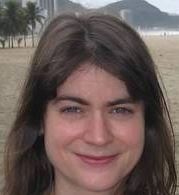
Gillian McGillivray
Associate Professor, Department of History, Glendon
Fellows
Research Cluster: Migration, Labour, and Political Economy
About Gillian McGillivray
McGillivray’s commitment to comparative studies and micro-history combined with her gravitation toward early XXth century developments—war, boom, and bust at the global level and nationalism, populism, and revolution at the local level—motivated her book, “Blazing Cane: Sugar Communities, Class, and State-Formation in Cuba, 1868-1958” (Duke University, 2009) and her new research on Brazil.
Country(ies) or Region(s) of Interest: Cuba, Mexico,
Keywords: Social Development and Welfare; South America

Felicia Mings
Curator, Joan and Martin Goldfarb Gallery of York University
Fellows
Research Cluster: Arts, Literatures, and Languages
About Felicia Mings
Felicia Mings is a curator at The Joan and Martin Goldfarb Gallery of York University. She focuses on interpreting and presenting modern and contemporary art, with an emphasis on arts of Africa, the Caribbean, and their diasporas. Mings’ is drawn toward creative practices that have been understudied or forged in moments of acute social and political pressure and engage in an emancipatory politic. Mings’ recent curatorial projects include Dele Adeyemo’s digital art commission, From Longhouse to Highrise: The Course of Empire (2023) the exhibition Meleko Mokgosi: Imaging Imaginations (2023), and she is a recipient of The Andy Warhol Foundation for the Visual Arts Curatorial Research Fellowship, for which she is studying the work of seminal Guyanese artist, anthropologist, educator, and novelist Denis Williams (1923-1998).
Prior to joining The Goldfarb Gallery, Mings spent seven years at the Art Institute of Chicago, where she most recently served as academic curator in the Research Center. Highlights of her Art Institute tenure include leading the Andrew W. Mellon Summer Academy and Undergraduate Curatorial Fellowship Program, co-curating the exhibitions, and co-editing the accompanying catalogues for Malangatana: Mozambique Modern (2020) and The People Shall Govern! Medu Art Ensemble and the Anti-Apartheid Poster, 1979–1985 (2019).
Mings holds a Master of Arts in visual and critical studies from the School of the Art Institute of Chicago and a Bachelor of Arts in Art and Art History from the University of Toronto and Sheridan College.
Country(ies) or Region(s) of Specialization: Southern Africa; Canada; the United States; Anglo-Caribbean, specifically Barbados, Guyana, and Jamaica.
Keywords: Histories of modernism in Africa and the Caribbean, Afro-diasporic art in Canada and the United States, painting and print media, anti-colonial movements, contemporary practices.

Felipe Montoya-Greenheck
Professor, Faculty of Environmental & Urban Change, York University
Fellows
About Felipe Montoya-Greenheck
Professor at FES, Director of the Las Nubes Project, Chair in Neotropical Conservation. 20 years experience working with peasant and indigenous communities in rural Costa Rica on projects regarding community-based environmental conservation and community wellbeing.
Country(ies) or Region(s) of Interest: Costa Rica, Spain
Keywords: Biological Corridors, Arts-based Community Wellbeing,
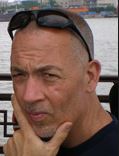
David Murray
Professor, Department of Anthropology, York University
Fellows
About David Murray
Drawing on theoretical interests in culture, nationalism, colonialism, representation, performance and sexuality, Professor Murray has conducted fieldwork in the Caribbean, New Zealand and Canada that examines the processes and politics of identity making projects and their relations to local, national and transnational political and economic forces. He is the author of numerous articles, a book investigating the production of cultural identity in relation to gender, sexuality and race in Martinique (“Opacity: Gender, Sexuality, Race and the Problem of Identity in Martinique”, Peter Lang 2002), an edited volume examining the production of homophobia in different socio-political contexts (“Homophobias: Lust and Loathing Across Time and Space”, Duke University Press, 2009), and most recently, a book exploring social attitudes towards homosexuality and the lives of queer men in Barbados (“Flaming Souls: Homosexuality, Homophobia and Social Change in Barbados”, University of Toronto Press, 2012). A new project examines the experiences of ‘queer refugees’ with the Canadian Immigration and Refugee Board and Canadian queer urban communities.
Country(ies) or Region(s) of Interest: Caribbean, New Zealand and Canada
Keywords: Culture, Nationalism, Colonialism, Representation, Performance and Sexuality
